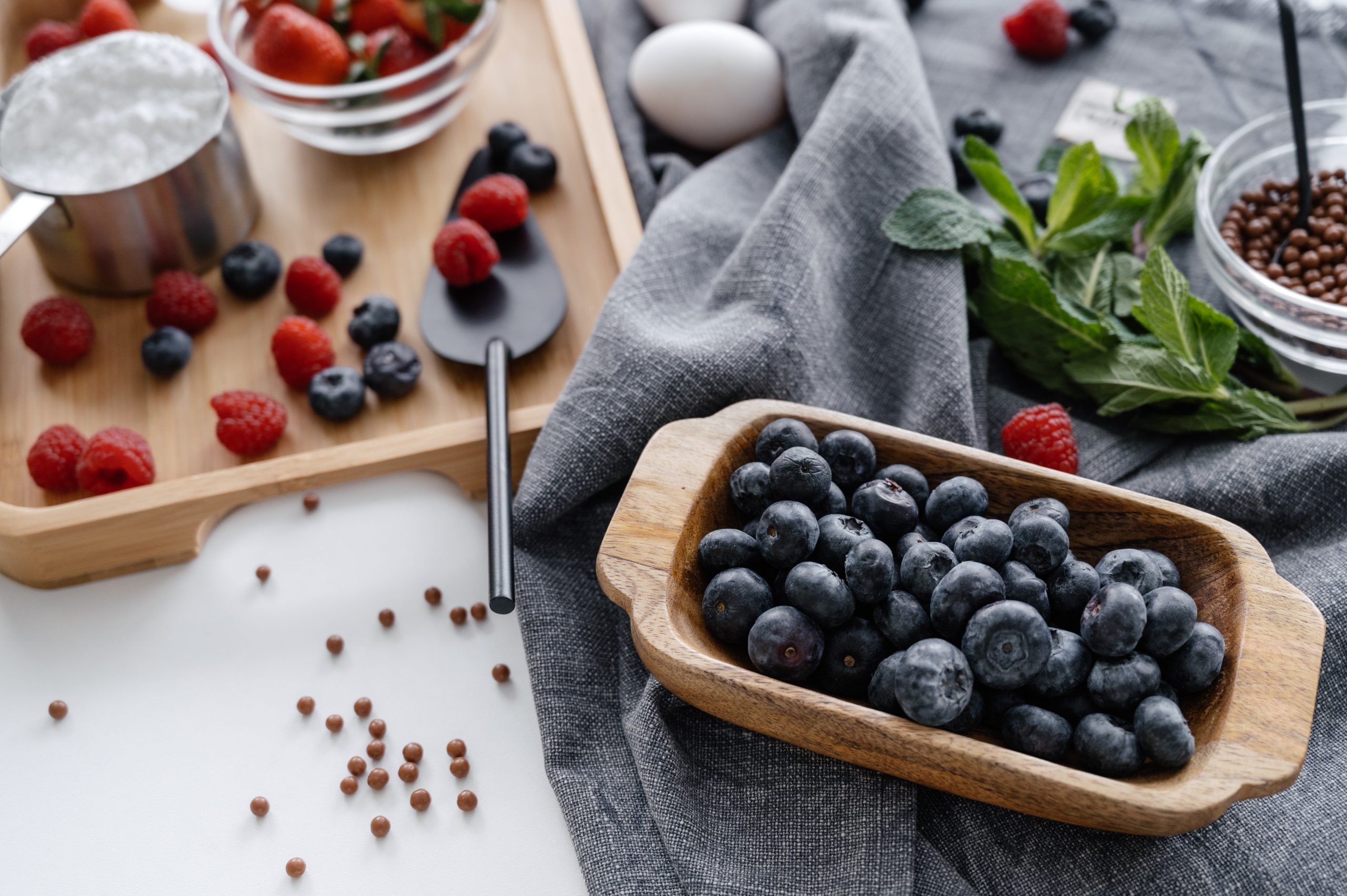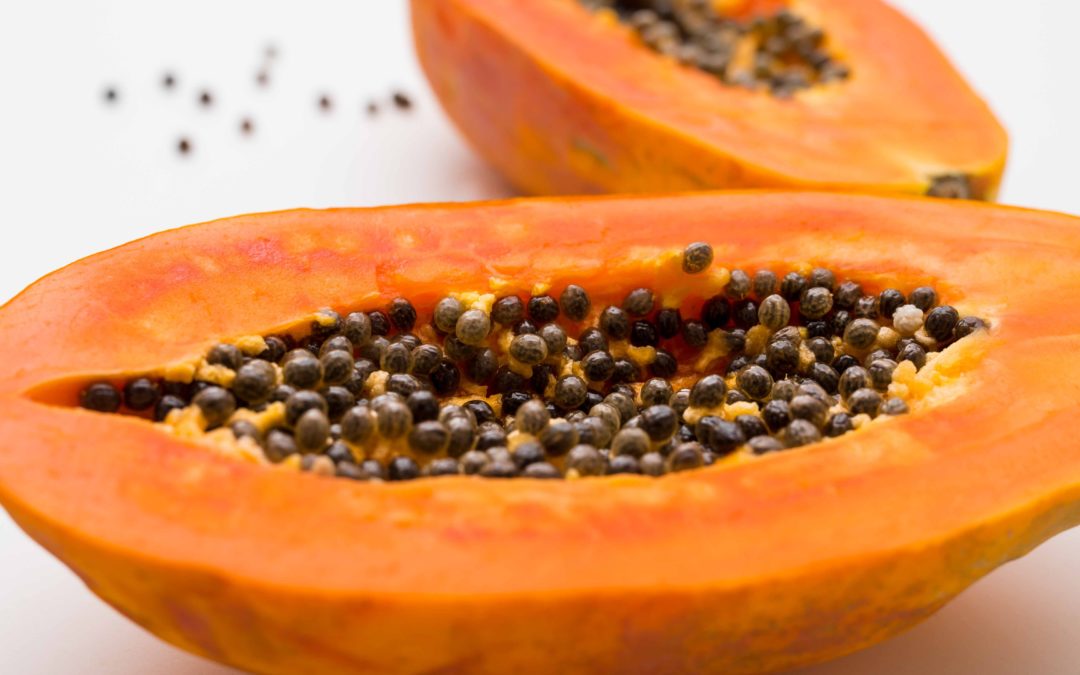Written by Kimberley Gittens, RD, MHSc on behalf of Rachel McBryan, RD.
You may have heard about antioxidants before. But these compounds aren’t just another health buzzword or the latest fad. They are the unsung superheroes of your body. They are natural compounds found in food that play a crucial role in your health. Their primary job is to protect your bodies and cells from damage that is caused by free radicals.
What are Free Radicals?
Free radicals, also known as reactive oxygen species (ROS), are unstable molecules that can damage your cells, proteins, and DNA.
There are many different sources of free radicals. Your body naturally produces free radicals whenever you eat, breathe or exercise. You can also be exposed to free radicals from foods, drinks and other areas of your environment. Some substances can create free radicals, including:
-
- Tobacco
- Fried foods
- Alcohol
- Pesticides
- UV radiation
- Air pollutions
Oxidative Stress
When we are exposed to many free radicals, our bodies can experience oxidative stress, which is the imbalance of antioxidants and free radicals. This means there are not enough antioxidants to defend your cells against all the free radicals leading to DNA damage. Free radicals are associated with various diseases including, cancer, heart disease and Alzheimer’s disease.
Role of Antioxidants in Your Health
Antioxidants act as a shield against free radicals to minimize the amount of damage caused and prevent oxidative stress.
There are a couple of different types of antioxidants. Although each form has its own unique function, they all work together to protect your body from free radicals. Some well-known antioxidants include:
For a more comprehensive list, check out Victoria’s Department of Health website on antioxidants.
Antioxidant-Rich Diet
Getting enough antioxidants in your diet is an important part of limiting free radical damage and reducing your risk of many chronic conditions. The good news is that there are many antioxidant-rich foods that you can enjoy. Some popular antioxidant-rich foods include:
-
- Broccoli
- Mangoes
- Squash
- Papaya
- Sweet potato
- Kale
- Strawberries
- Pumpkin
This list could go on and on. So, rather than memorizing a list of foods containing antioxidants, you can remember that they are found in colourful fruits and veggies.

Supplements
You can find some antioxidant compounds in supplement form. However, it is better to get them from foods in your diet. Here’s why: most supplements contain only one, or even a few, vitamins and minerals, which are essential nutrients. By increasing antioxidant-rich foods in your diet, you are also increasing your intake of other nutrients which support your body.
Ways to Boost Your Antioxidant Intake
With their role in reducing your risk of chronic conditions, you might be wondering “How much antioxidants do I need in my diet”? Currently, Health Canada does not have a recommended daily intake of antioxidants. However, they do provide recommended intakes of many vitamins and minerals. Many Canadians do not meet these recommended amounts and may benefit from increased intakes.
When it comes to antioxidants, there are two very simple ways you can include more in your diet.
1. Prioritizing Fruits and Vegetables
Both fruits and veggies are a great sources of antioxidants. Including more fruits and vegetables in our diet can boost our intake of antioxidants while also providing our bodies with many other important nutrients, such as vitamins, minerals and fibre.
2. Including Foods Rich in Vitamins and Minerals
Some foods naturally contain lots of vitamins and minerals while other foods have vitamins and minerals added to boost their nutritional value and help us consume the nutrients we need. Many micronutrients are antioxidants and including enriched and fortified foods in your diet can help you increase your antioxidant intake. You can learn more about added nutrients from my article on enrichment and fortification.
Antioxidant-Rich Recipes
Including more antioxidants in your diet can reduce your risk of many chronic conditions. Check out the recipes below for some tasty ways to enjoy these essential compounds.
Boost Your Nutrition
Ready to boost your health with personalized nutrition recommendations? Book a FREE discovery call with a Registered Dietitian to get started!
Kimberley is a Registered Dietitian, licensed in Ontario. She helps clients across Ontario control their blood sugars and reduce their risk of chronic conditions.

